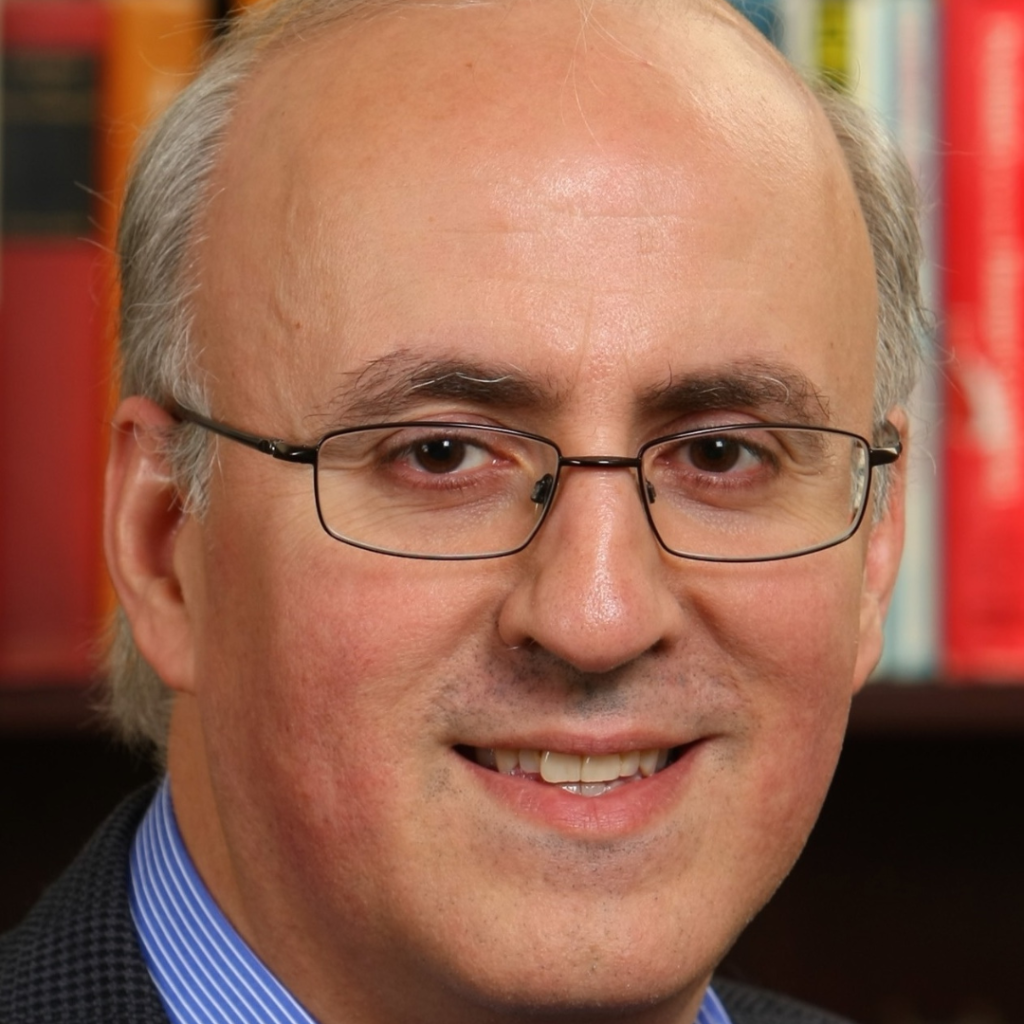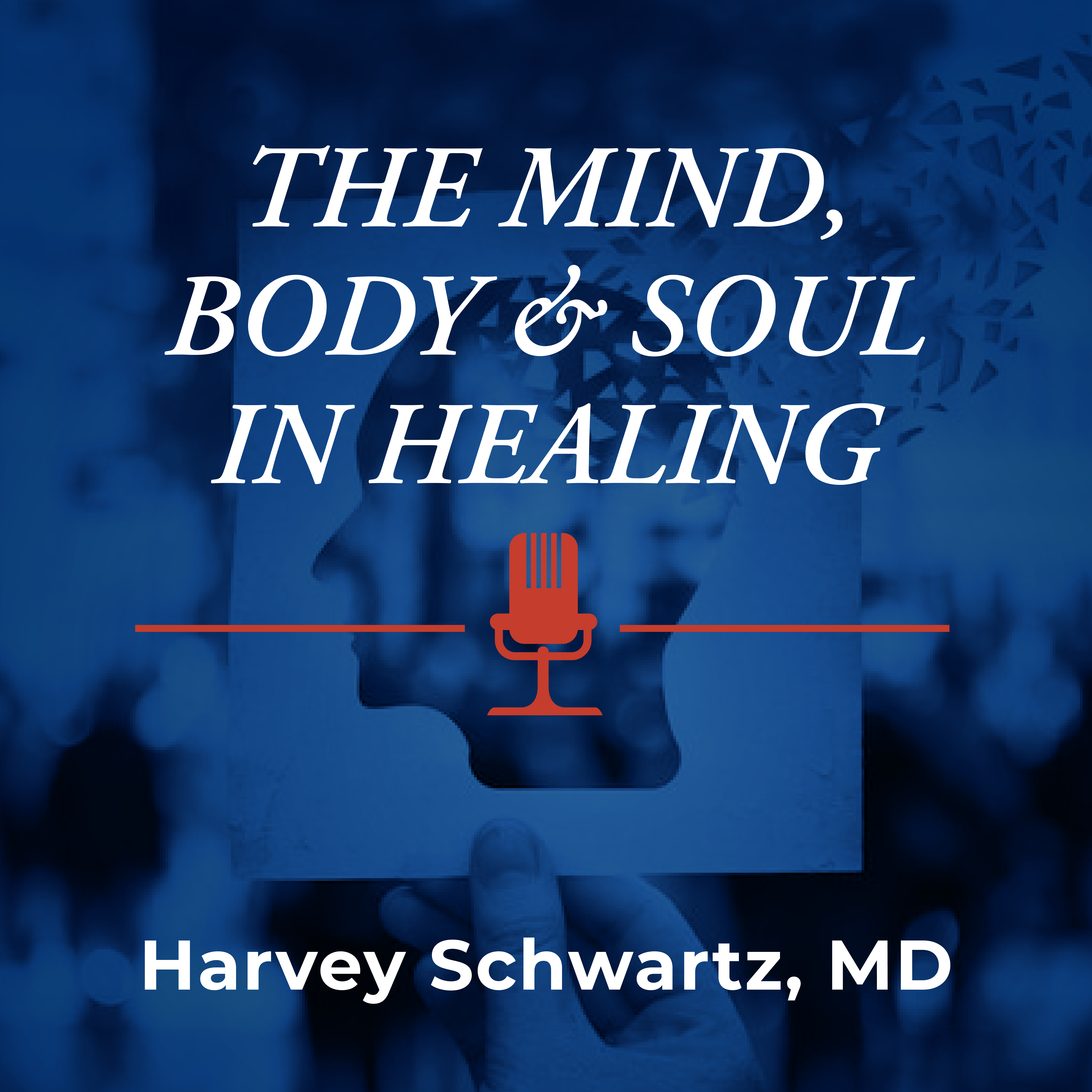
“Someone comes in and they are having these fainting attacks and neurological symptoms. They develop different anxiety channels, and the first goal is to help them be able to identify and feel their emotions and not have anxiety. Before getting there, we help them learn to reflect on their body response and intellectualize it and that tends to make anxiety get into the muscles. So, they are tense and intellectual, and they can regulate the body better and they stop feinting which is great. In between those two, there’s often a window when they have smooth muscle anxiety off and on and they report periods where they have nausea, diarrhea, or bladder spasms. Then it goes into voluntary muscle tension, where their hands are tight, they are sighing, and they noticed quite clearly that their body is changed – it feels stronger, but it is tight. Then at that point, they start to be capable of safely feeling their emotions that are getting activated. That is when they start to bring in childhood adverse events that start to come to memory on their own, without us digging for them, they just show up.”
Episode Description: We begin by recognizing the seeming contradiction in addressing physical symptoms with psychotherapy. Allan’s work focuses on what he terms “unconscious anxiety” and its various manifestation in the body. He notes that there are predictable pathways of tension that get expressed in neurologic, gastro-intestinal, and muscular symptoms that often evolve from one to another. Many of these patients are suffering from the long-term effects of adverse childhood events. We discuss the neurobiological effects of psychotherapy, and we also review the considerable outcome research on this form of treatment. We conclude with his sharing his professional history and how he came to be interested in this clinical approach.
Our Guest: Allan Abbass, MD, is a psychiatrist, teacher, and researcher. He is a professor of psychiatry and psychology and the founding director of the Centre for Emotions and Health at Dalhousie University in Halifax, Canada. After completing medical school at Dalhousie University, Allan started his career as a family physician and emergency physician but soon became frustrated with the limits of traditional medicine. He observed that a large percentage of his patients experienced physical and mental symptoms that medications failed to address. He added a year of family medicine residency at McGill University to study a form of short-term psychotherapy. Following this, he trained in psychiatry at the University of Toronto. He then established a training program in short-term dynamic therapy (ISTDP) at the University of British Columbia after which he returned to Dalhousie University where he continued his work with patients with unexplained medical symptoms.
He has won numerous awards for his research and is active in teaching worldwide. In addition, he is an avid basketball player, coach, and fan.
Click here to share this episode on Twitter.


Great interview with Dr Abbass. You asked very focused questions. I think he’s a sharp guy. But all this ISTDP Therapy constructs seem very scripted. I tried it for some functional unexplained medical symptoms that bother me now and then…. And to be honest. I think they talk too much. And they insist if you have anger it’s heat coming up through the body. I have rage at times. It’s never heat. But their guru Davanloo said it so it’s gospel. My two cents.